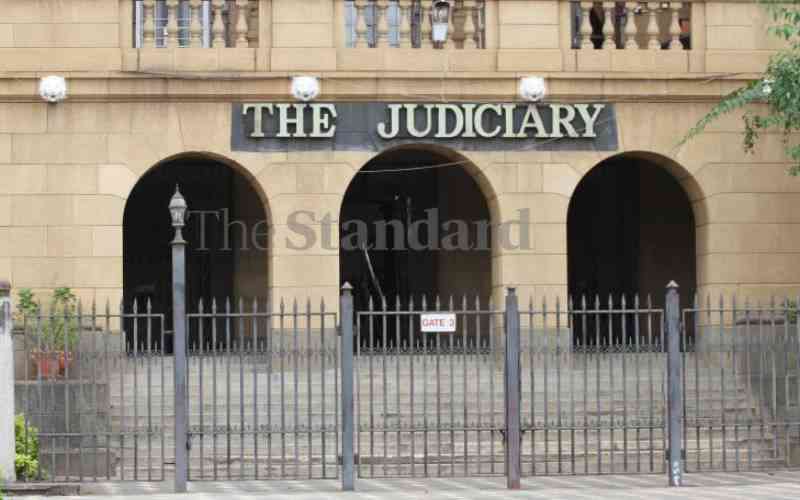×
The Standard e-Paper
Kenya’s Boldest Voice

In a country where we are focused on, and are unduly fascinated by the political, the salacious or the negative, the numerous acts that give hope hardly find space in national discourse.
They are easily ignored or quickly forgotten. But truth be told, every day in Kenya there is something to celebrate, even as despair is oftentimes not too far off.